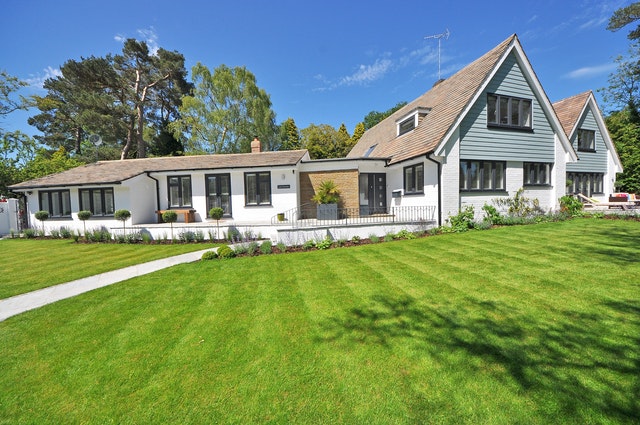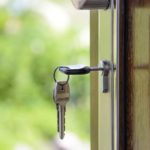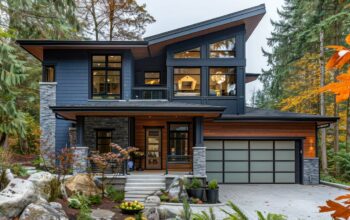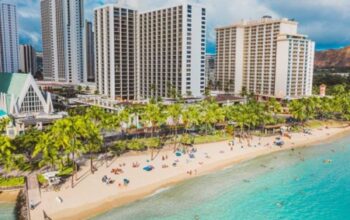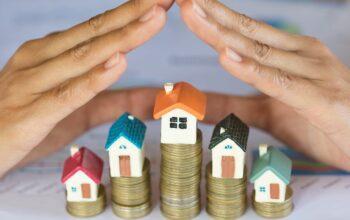Buying a home is usually the most expensive purchase people ever make. Unless you’ve been saving for years and have enough money to buy a home with cash, you’ll need a mortgage. When it comes to applying for a mortgage, you have many different options.
While you’re shopping for a loan, look at factors that affect how much you’ll end up paying—such as the interest rate and the length of the loan—to find a mortgage that meets your needs. New homeowners need to understand all of the costs associated with buying a home to establish a realistic budget.
Aside from the mortgage, here are five critical items you should include when creating your budget.
Closing Costs
When you close on a home, there will be several additional costs, including:
- Lender application fees
- Mortgage taxes
- Recording fees
- Title insurance
- Attorney fees
- Real estate tax reimbursements if the seller has already paid for them
Although closing costs will vary, they will usually be between 2% to 5% of the total value of your home.
Homeowners Insurance
After buying a home, you’ll have to get homeowners insurance. It’s a good idea to protect your assets in case of a disaster, and you probably won’t be able to get a mortgage without insurance.
There are several different kinds of policies, and you should speak to an insurance agent to see which option is right for you. However, most policies provide coverage for the following:
- Damage to your personal property, such as furniture, appliances, and other belongings
- Personal liability for accidents that occur on the premises
- Damage to your home and attached structures on your property
- Stolen jewelry
- Additional costs if you must find a place to live temporarily whileyour home is uninhabitable
Home Maintenance
When you purchase a home, you‘ll be responsible for cleaning your gutters, mowing your lawn, and repairing things that break, says The Listing Real Estate. You won’t have a landlord to do that for you. So be prepared to have enough money to purchase a set of tools, a lawnmower, and anything else you might need to maintain your home, as well as a rainy day fund in case you have to replace a major appliance.
Taxes
Keep in mind that the listing price of a home does not include the property taxes you’ll have to pay each year. Counties, cities, and other municipal agencies tax homeowners to fund public services, such as public schools, road repairs, parks, and more.
Many people choose to fold the cost of their taxes into their monthly mortgage payments. This part of your monthly payment is held in an escrow account, and the lender pays the property taxes on your behalf when they are due. Depending upon where you live, this could add several hundred dollars a month to your mortgage payments.
Utilities
As a renter, you’re probably used to paying for utilities. However, if the house you buy is significantly larger than where you live now, your utility bills will be noticeably higher.
Buying a home is part of the American dream. But if you don’t plan and budget properly, you’ll put a strain on your finances. Before you start looking for houses, build a realistic budget that includes all of the different costs listed above. This will help make sure you purchase a home you can comfortably afford.
Related Posts

